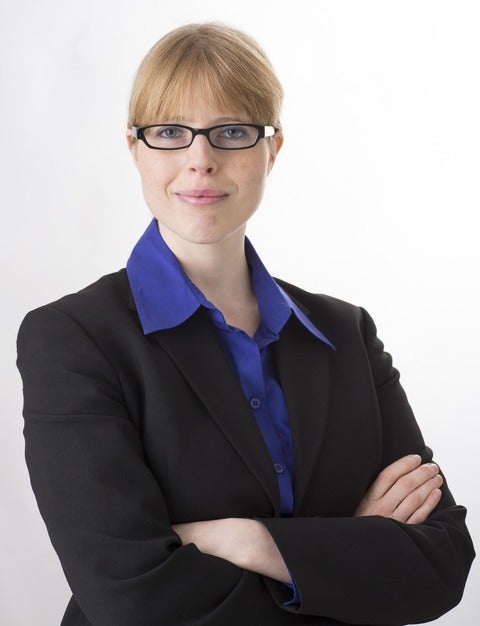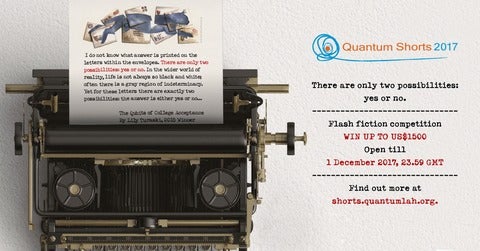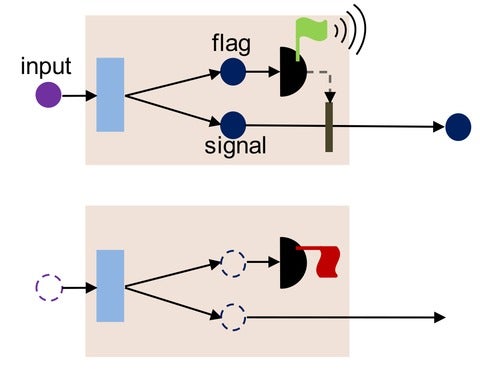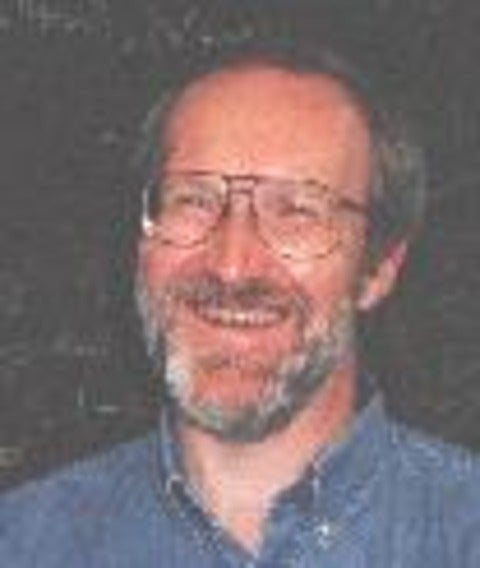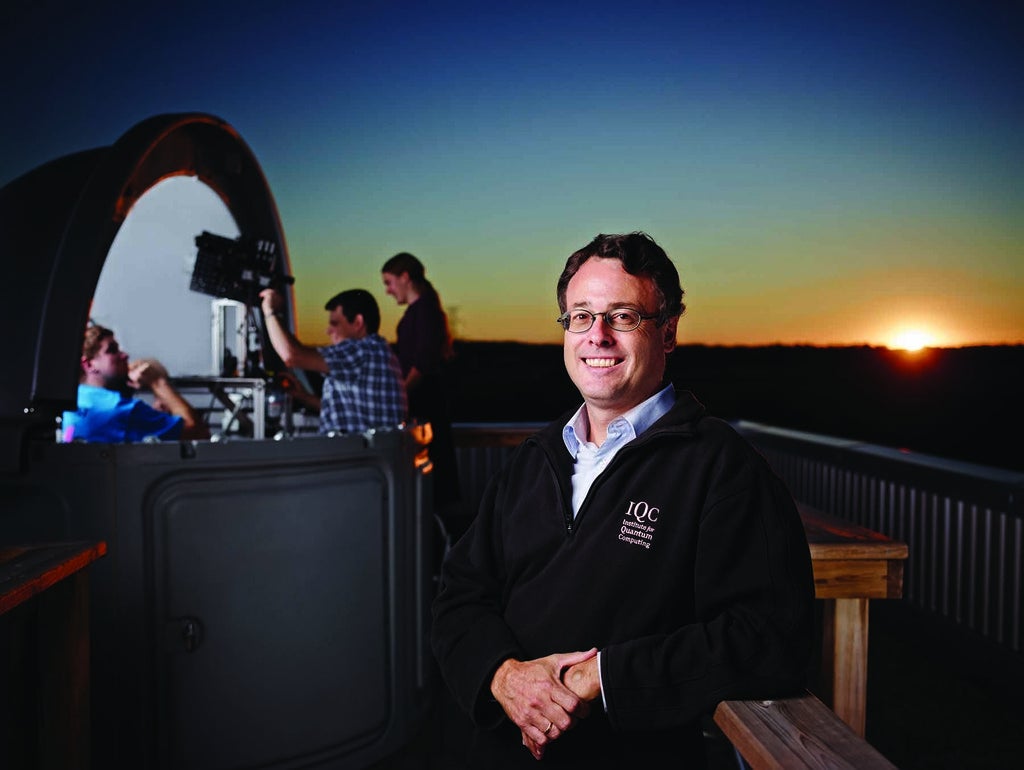IQC Achievement Award recipient Shayan Majidy shares research insights
IQC Achievement Award winner Shayan Majidy sat down with us to discuss his current and future research on noncommuting conserved quantities, the award, and his advice for current and aspiring students interested in quantum information.

